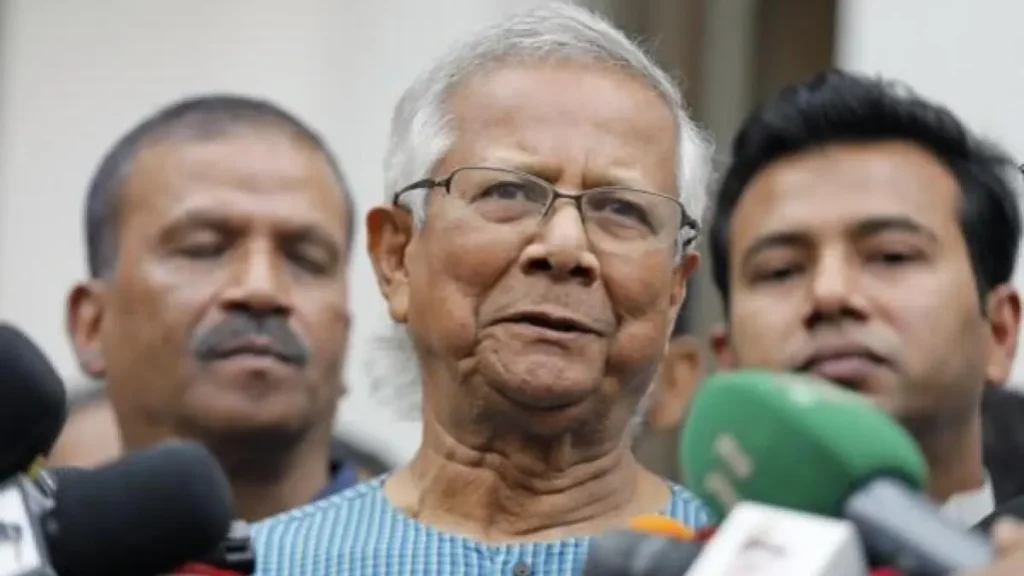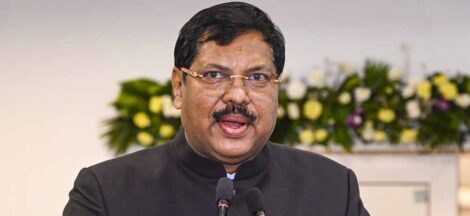A senior Bangladeshi official has ignited a diplomatic firestorm by suggesting that Bangladesh should seize India’s northeastern states if New Delhi initiates military action against Pakistan. Major General A.L.M. Fazlur Rahman, who chairs the National Independent Commission of Inquiry into the 2009 Bangladesh Rifles mutiny, made the provocative statement on Facebook, advocating for a joint military alliance with China to facilitate such an occupation.
Rahman’s remarks coincide with escalating tensions between India and Pakistan following the Pahalgam terror attack. In response, India has suspended the 1960 Indus Waters Treaty, closed the Integrated Check Post at Attari, and downgraded diplomatic relations with Islamabad. Amid these developments, Rahman’s call for occupying India’s northeastern region—comprising Arunachal Pradesh, Assam, Manipur, Meghalaya, Mizoram, Nagaland, and Tripura—has intensified diplomatic strains.
The Facebook post received endorsement from Shahnawaz Khan Chandan, a fellow commission member and former affiliate of the Islamist student group Islami Chhatra Shibir. Chandan, now an assistant professor at Dhaka’s Jagannath University, is considered a trusted associate of interim leader Muhammad Yunus.
This incident reflects a broader shift in Bangladesh’s foreign policy under Yunus’s interim government, established after the ousting of former Prime Minister Sheikh Hasina in August 2024. Since then, Dhaka has sought closer ties with Pakistan, exemplified by the resumption of foreign secretary-level talks after a 15-year hiatus and plans for a visit by Pakistan’s Deputy Prime Minister Ishaq Dar, currently postponed due to regional tensions.
Rahman’s history with India is marked by contention; he led the BDR during the 2001 border clashes that resulted in the deaths of 16 Indian Border Security Force personnel. Elevated to a status equivalent to a Supreme Court appellate division judge, Rahman has pledged to uncover alleged foreign conspiracies behind the 2009 Pilkhana massacre, insinuating Indian involvement.
Interim leader Yunus has also made statements challenging India’s regional influence. In a meeting with Chinese officials, he described India’s northeastern states as landlocked and emphasized Bangladesh’s strategic position as the region’s “guardian of the ocean,” proposing that Bangladesh could serve as an extension of China’s economy.
The National Independent Commission of Inquiry, established in December 2024, aims to re-examine the 2009 BDR mutiny, which resulted in the deaths of 74 individuals, including 57 army officers. Critics argue that the original investigation under Hasina’s government suppressed evidence of foreign involvement. Local media have revived claims that Indian intelligence orchestrated the mutiny, alleging the use of disguised operatives and the destruction of CCTV evidence.
These developments have further strained India-Bangladesh relations. During the BIMSTEC summit in Bangkok, Indian Prime Minister Narendra Modi urged Yunus to avoid divisive rhetoric and emphasized the importance of a stable and democratic Bangladesh. India has also expressed concerns over the treatment of minority groups in Bangladesh, particularly Hindus, calling for thorough investigations into reported atrocities.




 Railways Studying Global Tech For Operations & Services Revamp
Railways Studying Global Tech For Operations & Services Revamp 